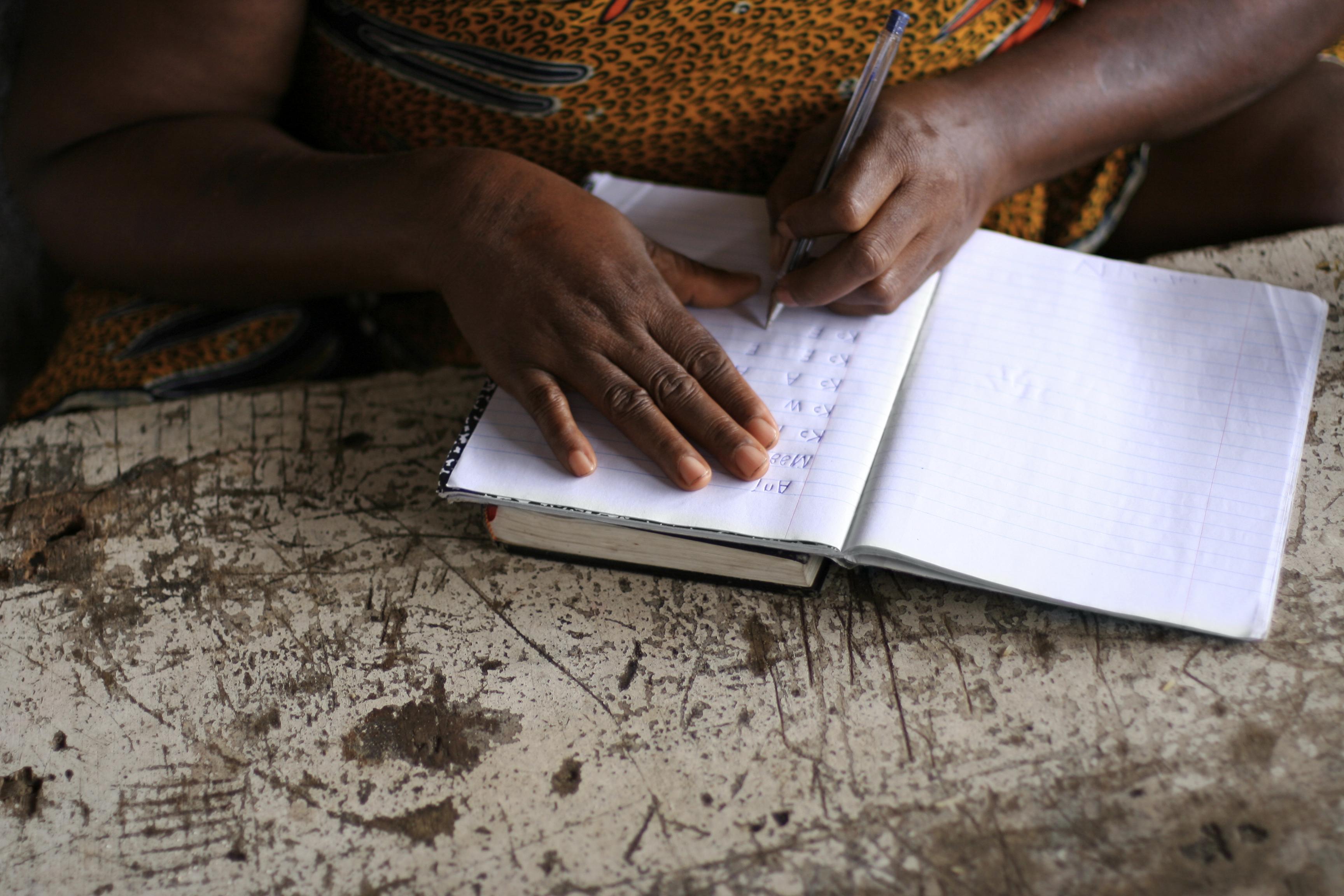
Ghana is short of houses. By the reckoning of Emmanuel Botchwey, the executive chairman of Regimanuel Gray Limited (RGL), a local construction company, the entire real estate sector of the country is producing barely 10 percent of the new homes the country needs every year.
RGL itself has built 3,000 homes since its incorporation in 1991, roughly 130 per year. But Mr Botchwey wanted to do a lot more. In 2006, he listened keenly to a presentation at a conference in Cape Town by Wall-Ties and Forms, a Kansas City, USA company specialising in aluminium formwork construction technology. Botchwey saw an opportunity. The new technology would require less specialised skills, reduce costs and drastically increase the speed of home construction.
After traveling to Kansas to buy the technology for use in home construction, RGL became synonymous with expandable starter houses, which have been extremely successful, allowing potential homeowners to purchase two-bedroom units and add to them at their own pace.
In 2008 and 2009, the Abraaj Group (“Abraaj” or “The Group”), a private equity firm, invested in RGL after previous dealings under another fund since 2004. Since the investment, RGL has delivered more than 260 units and is currently constructing approximately 400 residential units made up of both houses and apartments.
Social impact
The RGL investment provided a compelling opportunity for Abraaj to partake in the high growth of West African Real Estate-related sectors. The Group’s investment provided much needed leverage capacity for the company to expand its scope of operations and continue to address this infrastructure gap in Ghana and the sub-region.
Since its initial investment in 2004, Abraaj has been able to significantly improve the company’s corporate governance structures and assist in its financing activities. With The Group’s help, RGL has transformed from a typical family-managed business to an institutionalised professional firm with a robust control structure. The company now has sub-committees to the board with appropriate charters, and Abraaj is represented on all such committees. The Group continues to assist the company on raising construction financing and evaluating potential financing structures.
The Abraaj approach to ESG
As I’ve pointed out in the earlier articles in this series, private equity firms are paying more attention to environmental, social and governance (ESG) factors to both manage risk and capitalise on ESG opportunities to create value in their portfolio investments, something we expand on with a host of case studies in our report, ESG in Private Equity: A Fast-Evolving Standard. Managing ESG considerations has been a key tenet of The Abraaj Group since its founding in 2002. The firm’s initial approach focused on mitigating risks, but in 2006, it expanded its remit by incorporating the IFC Performance Standards on Environmental and Social Sustainability into its guiding principles. Two years later, it implemented procedures to more formally manage both ESG risks and opportunities throughout the investment process. The firm also launched the Abraaj Sustainability Index, a comprehensive system to measure a partner company’s development impact from a private sector perspective.
Management of ESG considerations falls within the mandate of the Abraaj Performance Acceleration Group (APAG), a team whose primary role is to provide commercial, operational, strategic and ESG support to Abraaj’s investments. Oversight of the firm’s ESG policy is managed by its Management Executive Committee and the Abraaj Sustainability Council, which meets twice a year. Executing ESG policy falls to the deal teams, partner company management and partner company board members at different stages of the investment process.
The investment process
When deal teams first identify an opportunity, they screen it by sector and industry, assigning the target an inherent risk rating. Deal teams then employ a ten-point risk model to determine company-specific managed risk ratings for environmental, social and health and safety factors. Governance processes are assessed via a governance risk matrix developed by the APAG team. The matrix provides specific steps that a target company can take to improve its governance capability. Following due diligence, deal teams prepare corrective action to address specific ESG risks and value creation plans. Some corrective actions contain conditions that must be executed before Abraaj’s investment can move forward.
Following acquisition, partner company management is responsible for implementing corrective action and value creation plans. Partner company management teams have access to Abraaj’s deal teams and regional and global APAG members from whom they can draw support. The APAG team also works proactively within the portfolio to identify ESG opportunities. They review the performance of partner companies on a quarterly basis.
The Group’s activities provide another good example of the value creating ESG levers available to private equity General Partners in ESG. The firm’s approach has identified two key aspects of its ESG approach that enable an effective investment:
- Execution of ESG management must be completely merged into the overall responsibility of deal teams.
- ESG tools and processes must be consistently updated to ensure their relevance with emerging trends and best practices.
ESG has enabled Abraaj to take part in high growth sectors and play a role in emerging market development. RGL’s role as a market leader in the supply of residential real estate provides a robust platform to positively impact the severe housing deficit in West Africa. Among several projects currently under way, the company’s experience in developing turnkey projects has led to a joint venture with the national pension fund to develop 2,000 units of low-to-middle-income housing in the port city of Tema.
Bowen White is a Research Associate at the INSEAD Global Private Equity Initiative
-
View Comments
(1)
-
Leave a Comment





Anonymous User
28/11/2014, 01.29 am
This article is timely, especially the MBAs in North America are educated in business climate here. IN developing countries these approaches fail and has failed. There the local needs are vastly different, culturally sensitive issues only will survive. Juts by visiting this cannot be done. Village development is great issue, how to make them self reliant, what technology help may be locally available, these help, not what works in Europe or North America. Some things to think about.
Thanks for reading.